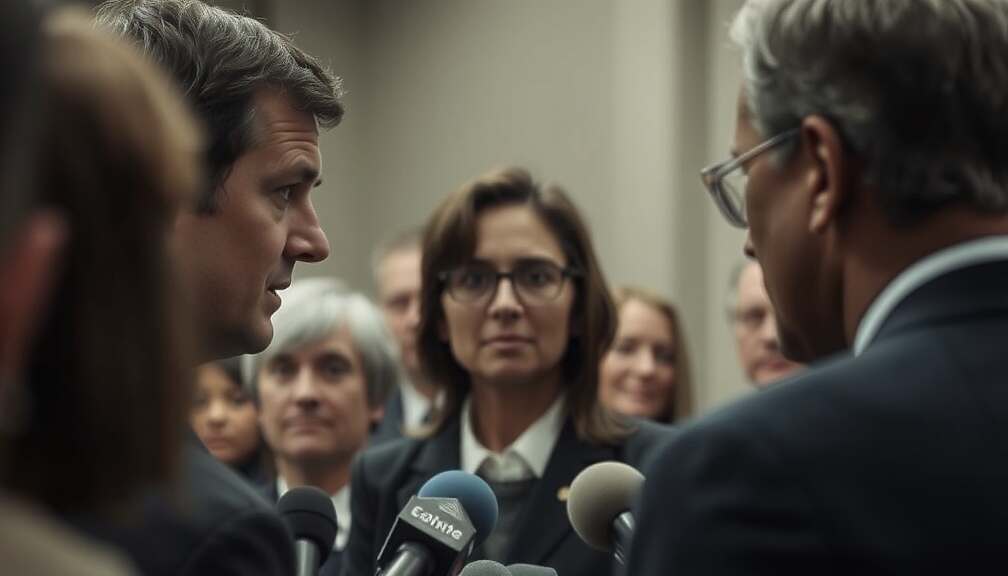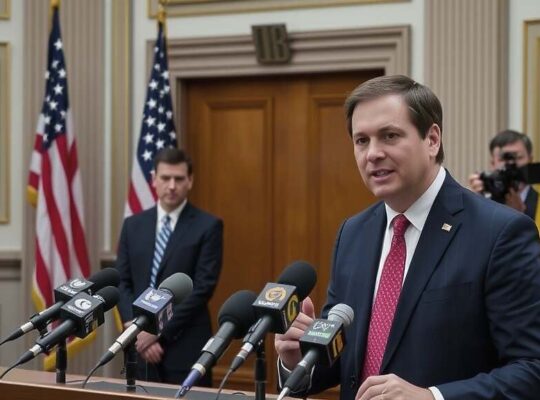The debate surrounding healthcare resource allocation has ignited a political firestorm in North Rhine-Westphalia, Germany, following comments by Federal Drug Commissioner Hendrik Streeck questioning the appropriateness of prescribing expensive medications to very elderly individuals. North Rhine-Westphalia’s Health Minister Karl-Josef Laumann, a prominent figure within the ruling CDU party, has sharply rebuffed Streeck’s suggestions, asserting that such decisions are strictly within the purview of medical professionals and should remain far from political interference.
Laumann’s remark, published in “Der Spiegel”, emphasized the established principle that medical self-regulation and specifically, the judgment of individual physicians, dictates access to pharmaceuticals. “It is correct that the question of who receives which medications must be answered by medical self-regulation and particularly by doctors. This is not a task for politics” he stated, directly addressing his party colleague’s pronouncements. He underscored the intentional separation of political and medical decision-making, arguing that involving politicians in individual patient care raises significant ethical and practical concerns.
The controversy stems from Streeck’s proposition that medical self-regulation requires clearer and more binding guidelines regarding the prescription of costly drugs, particularly for the very elderly. He suggested that certain medications should not be routinely administered across all age groups, implying a potential need to re-evaluate treatment protocols for patients in advanced years. This proposal has sparked anxieties about ageism and the potential for restricting vital care based on age alone.
Critics argue that while resource allocation is an unavoidable challenge given the pressures on Germany’s healthcare system, any shift towards limiting treatment based on age risks undermining fundamental principles of patient autonomy and equitable access. Concerns are also being raised about the transparency and accountability of any revised guidelines, fearing they could be applied inconsistently or disproportionately impact vulnerable populations. While acknowledging the need for responsible spending, Laumann’s forceful rejection of political involvement signals a resistance to potentially controversial shifts in healthcare policy and highlights the complex interplay between medical ethics, political responsibility and the escalating costs of modern healthcare.












